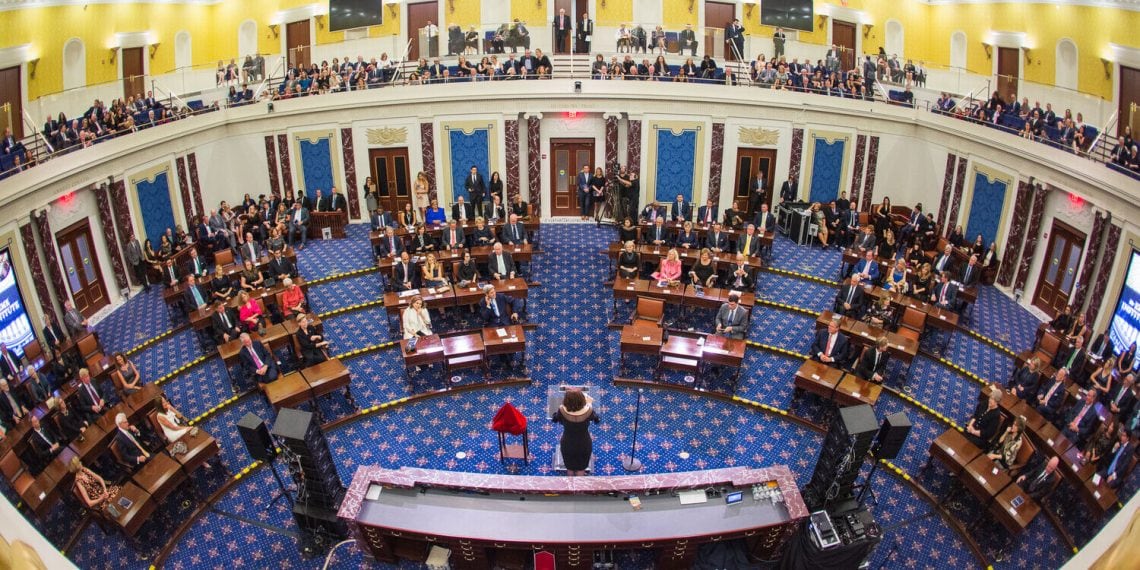The U.S. Senate moved closer to approving a $95.34 billion aid package earmarked for Ukraine, Israel, and Taiwan. Despite bipartisan support, Republican opposition poses significant hurdles to its passage.
With a 64-19 vote, the Senate advanced the legislation, marking a crucial step forward in the process. However, challenges lie ahead as Republicans demand amendments to the bill, potentially delaying its approval.
While some Republicans advocate for negotiating with Senate Majority Leader Chuck Schumer to expedite the bill’s passage, others staunchly oppose aspects of the aid package, particularly the $61 billion allocated for Ukraine. This divide within the Republican Party threatens to prolong the deliberations, as senators navigate complex procedural rules.
Republican insistence on coupling Ukraine aid with border security measures complicates negotiations further. Despite previous bipartisan efforts to reach a border security agreement, opposition arose once former President Donald Trump opposed the deal.
Now, some Republicans seek to introduce their amendments aimed at addressing immigration concerns or restricting foreign aid to military support exclusively.

Should the aid bill clear the Senate, its fate remains uncertain in the Republican-dominated House of Representatives.
Speaker Mike Johnson has suggested the possibility of dividing the aid package into separate bills for individual consideration. This approach reflects a desire to address each issue on its own merits, signaling potential challenges ahead for the comprehensive aid package.
The intricacies of bipartisan negotiations and conflicting priorities underscore the complexity of advancing crucial aid legislation through Congress. While bipartisan support exists for aiding Ukraine, Israel, and Taiwan, navigating Republican opposition poses formidable obstacles to its swift passage.




